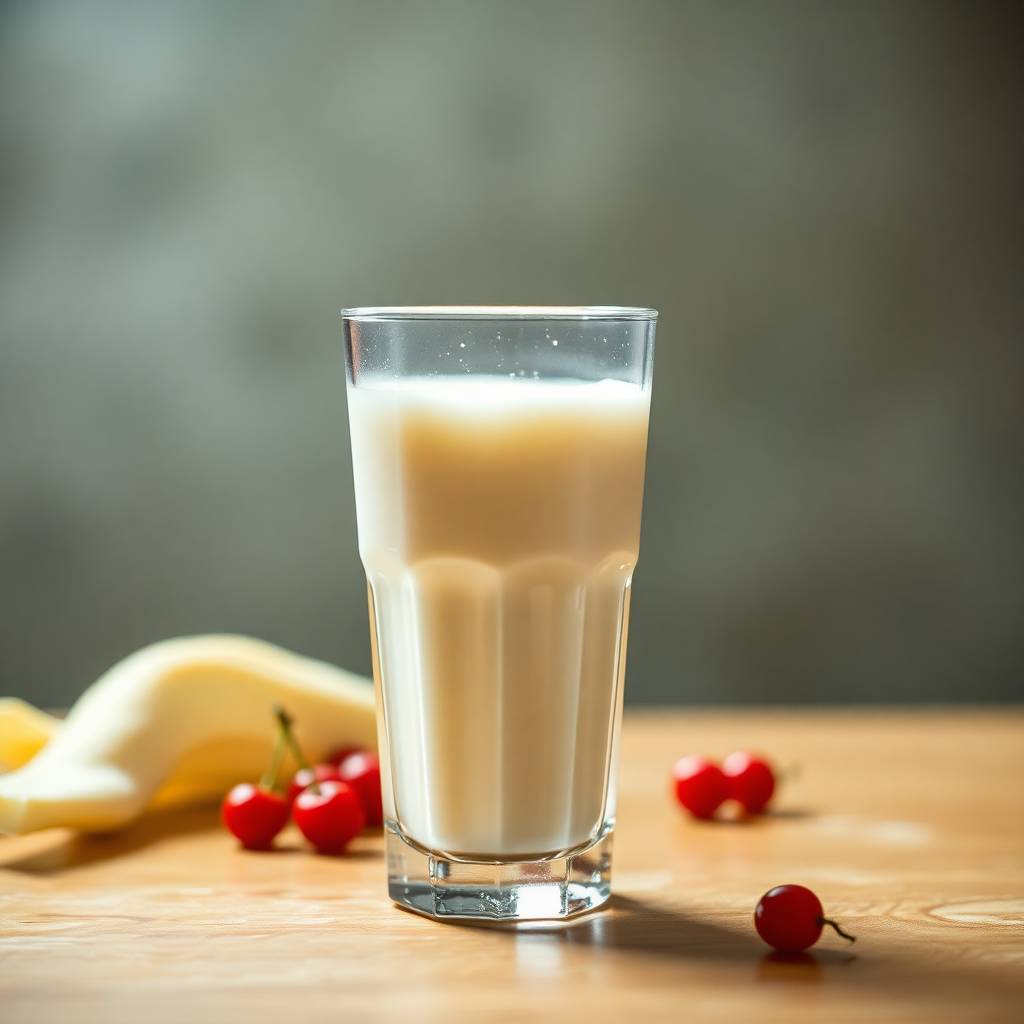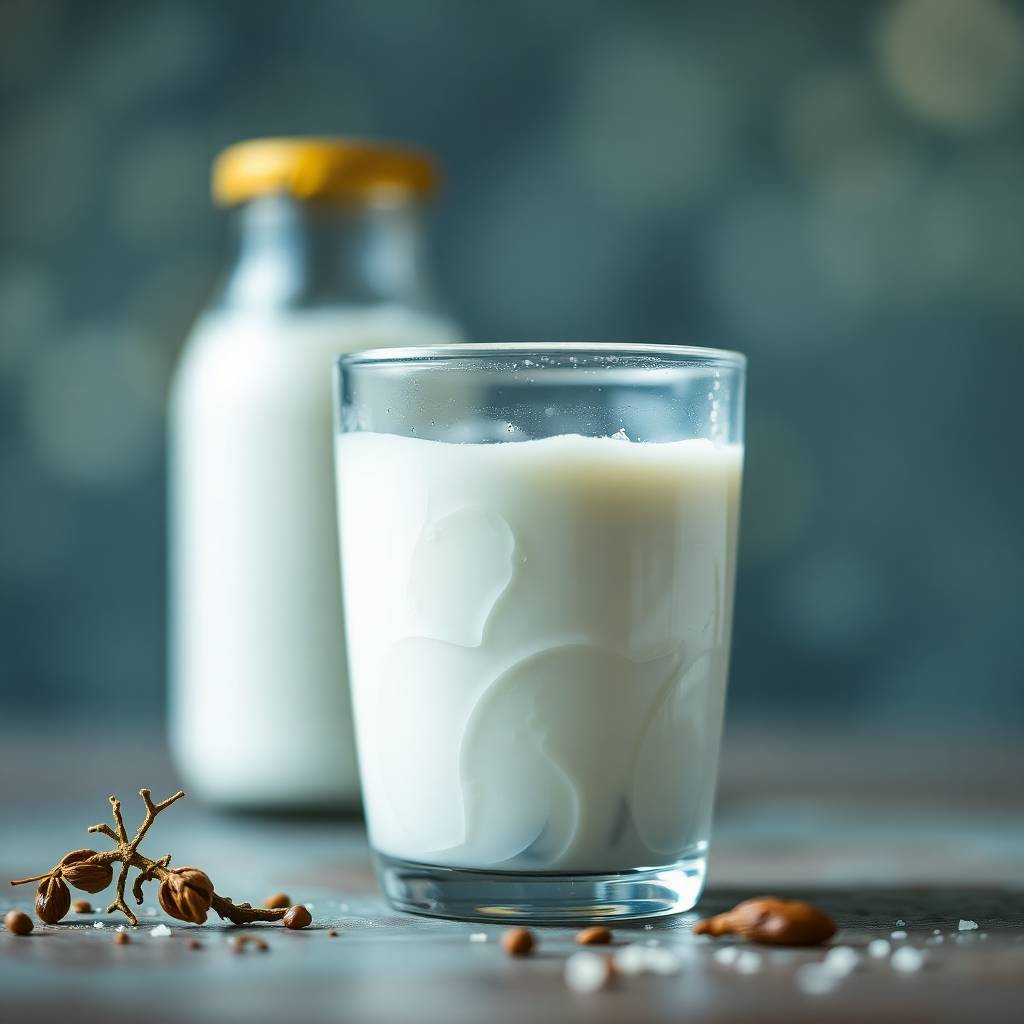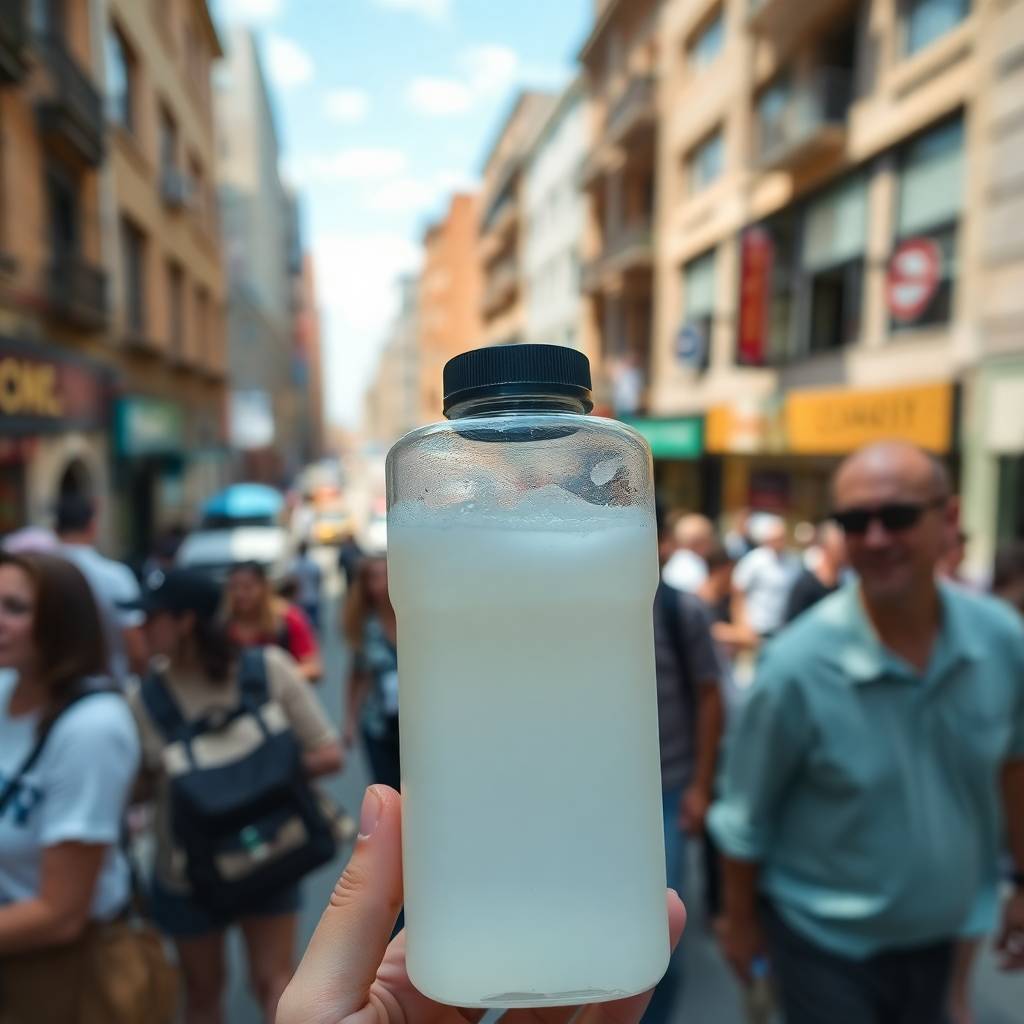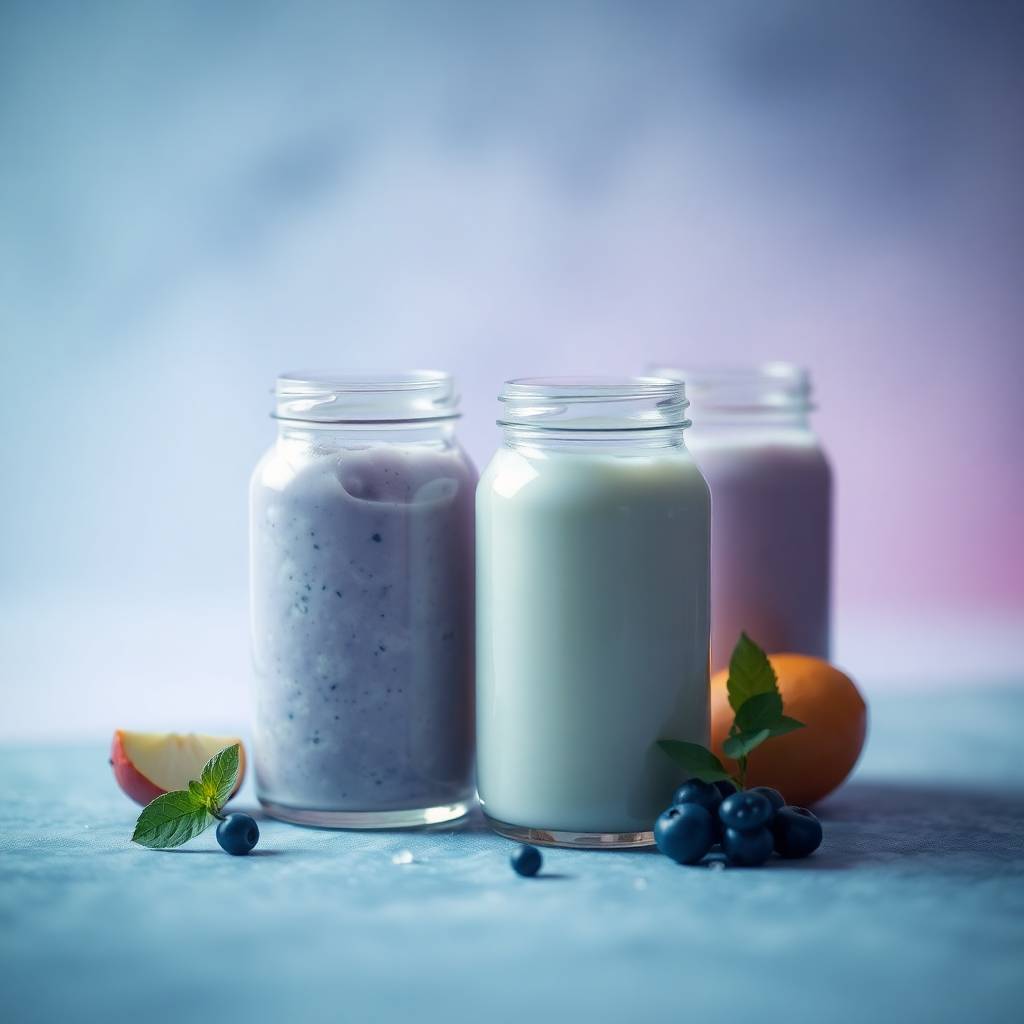What is Kefir?
Kefir is a fermented milk drink that originated in the Caucasus Mountains region. It's made by adding kefir grains – a combination of bacteria and yeasts – to milk, which creates a cultured dairy product with a slightly sour taste and creamy consistency.
The word "kefir" is derived from the Turkish word "keyif," which means "feeling good" – a fitting description for a drink that has been celebrated for its health benefits for centuries.




